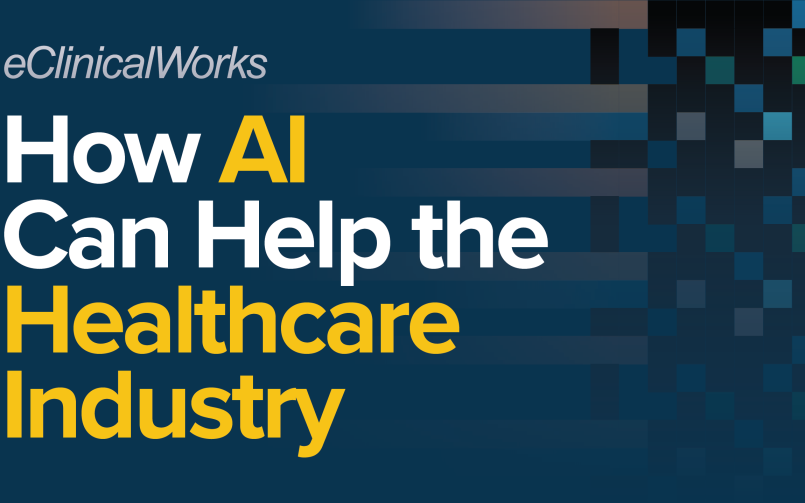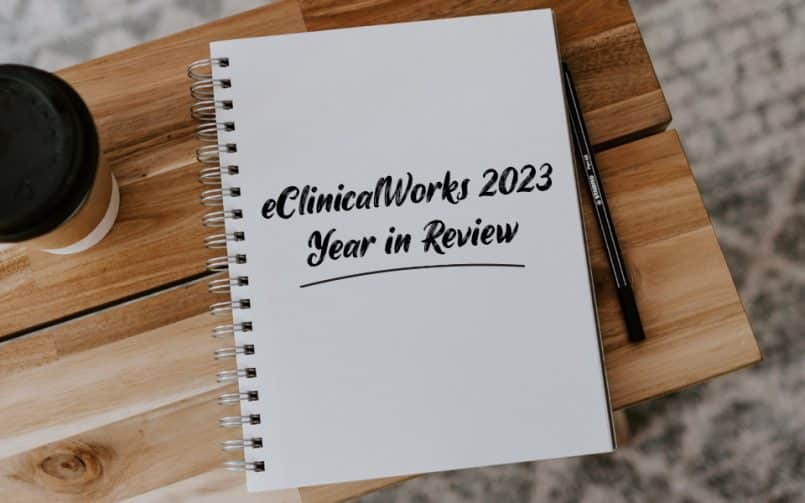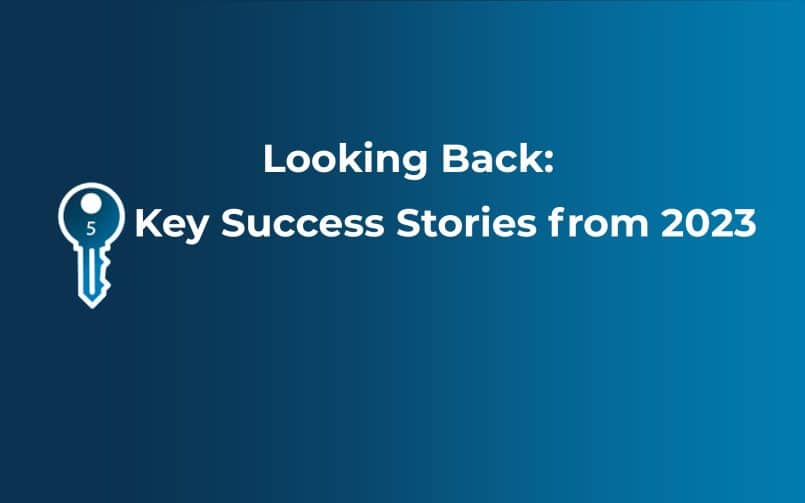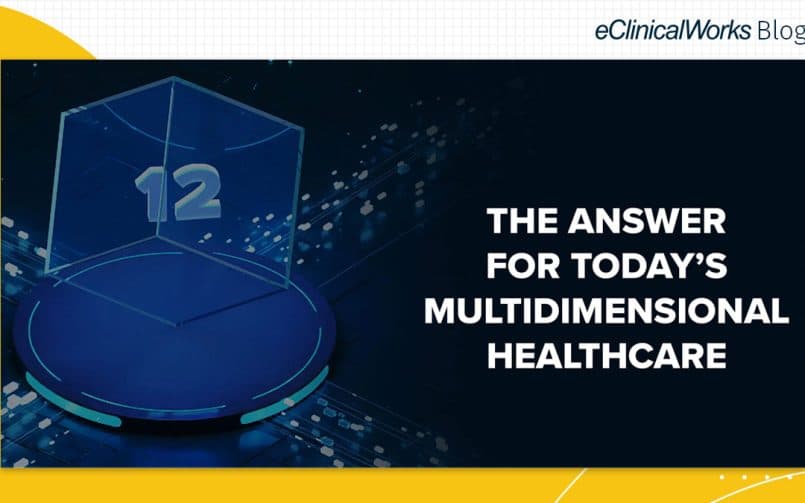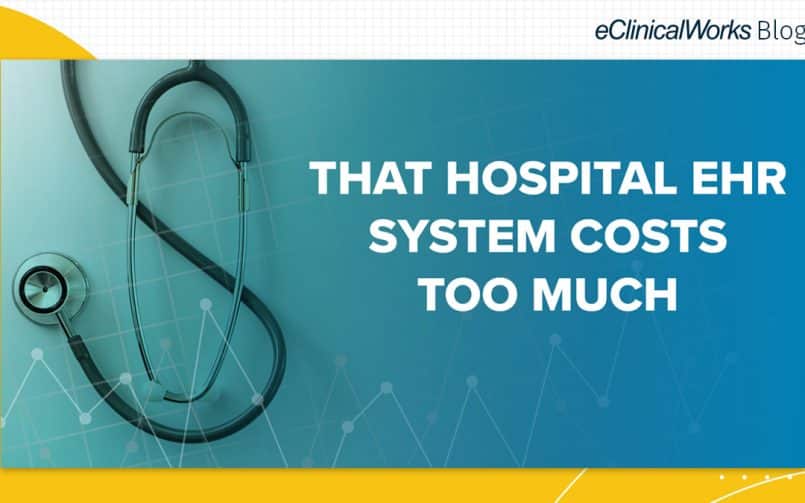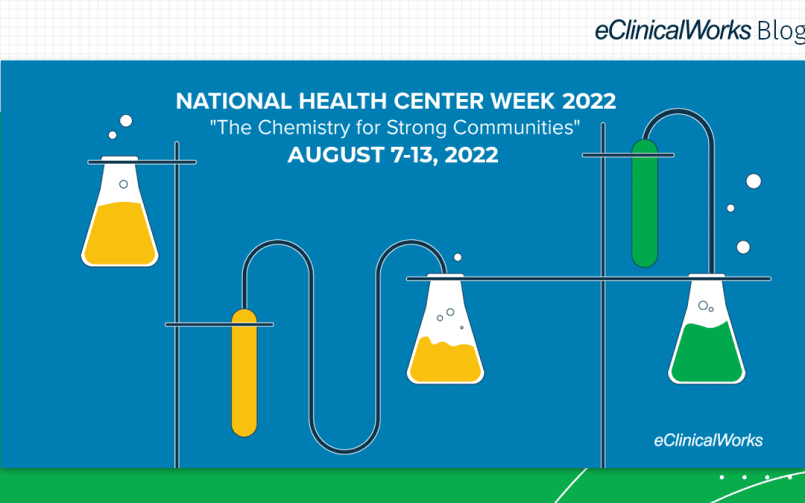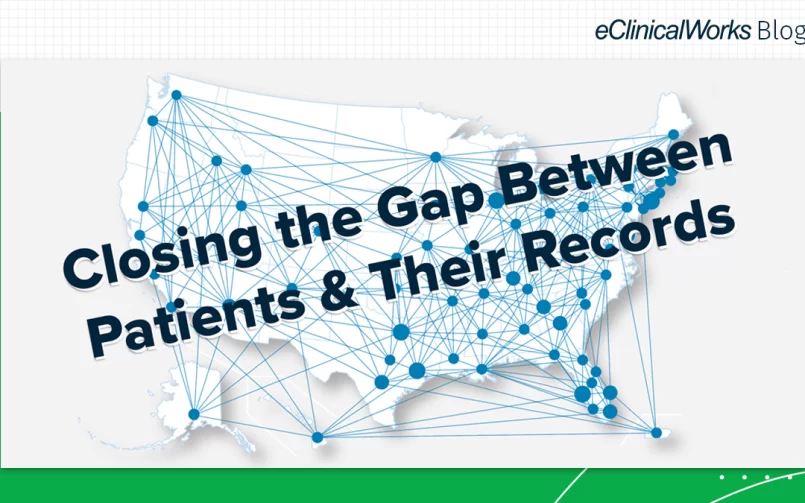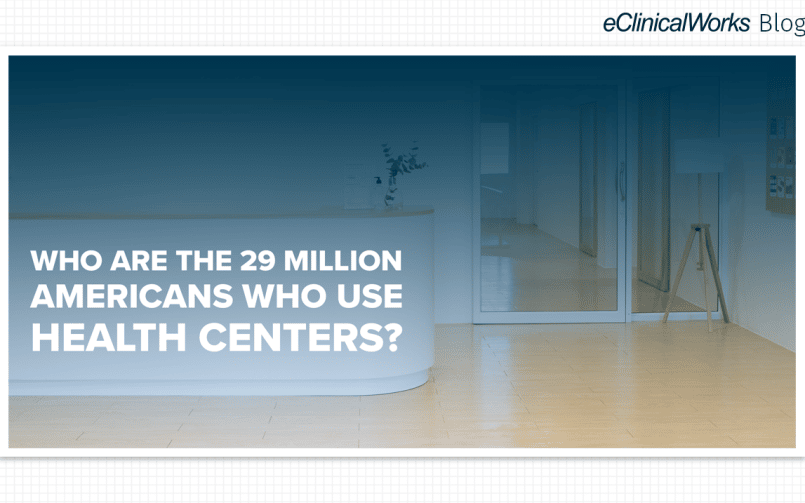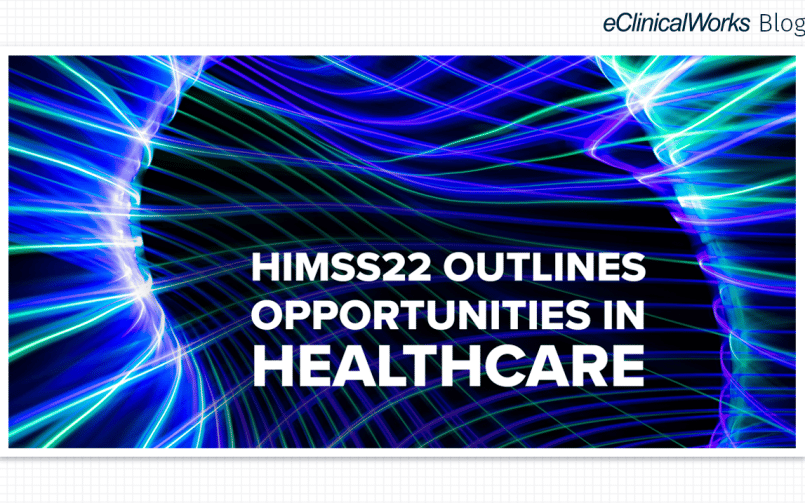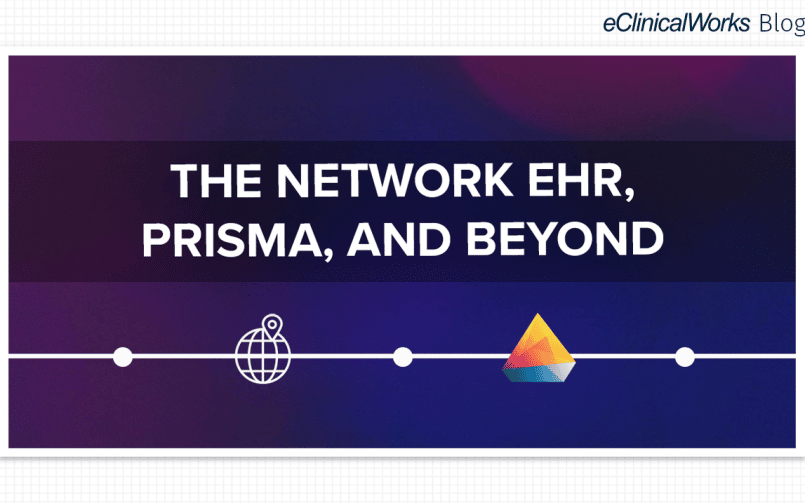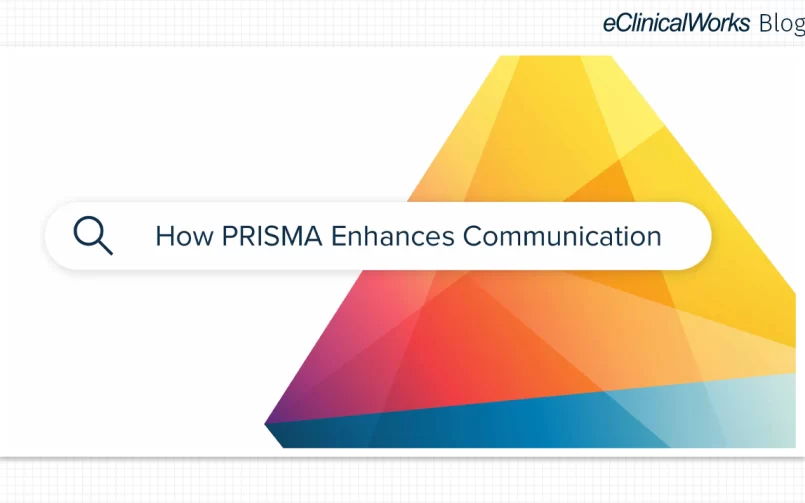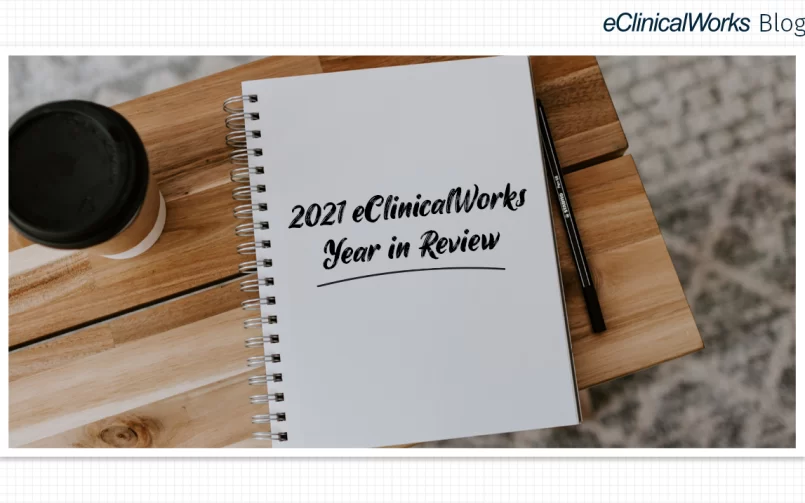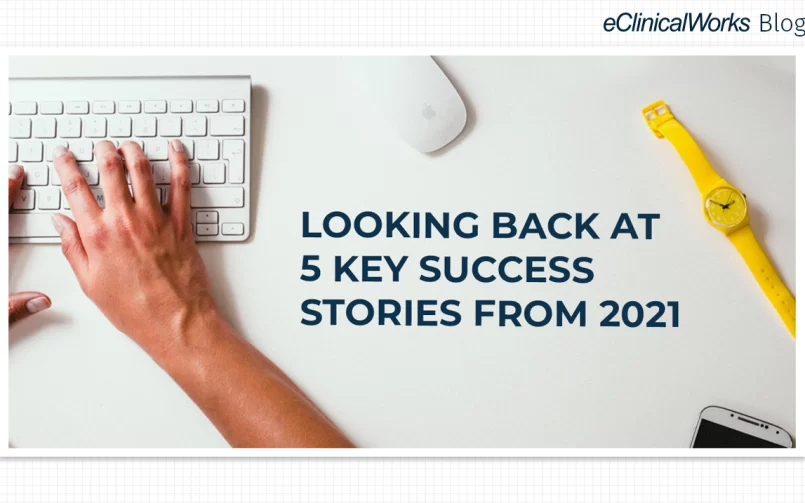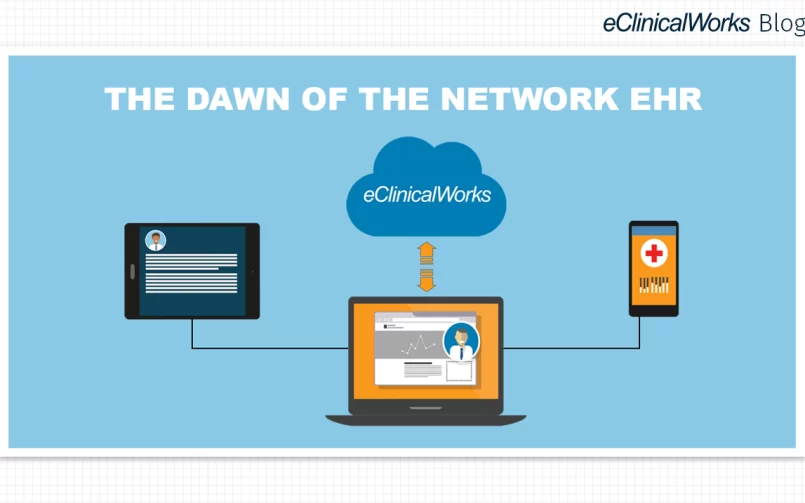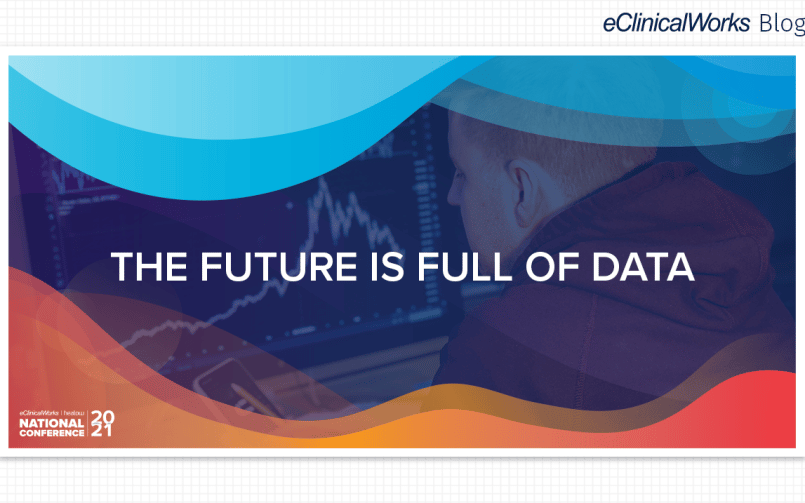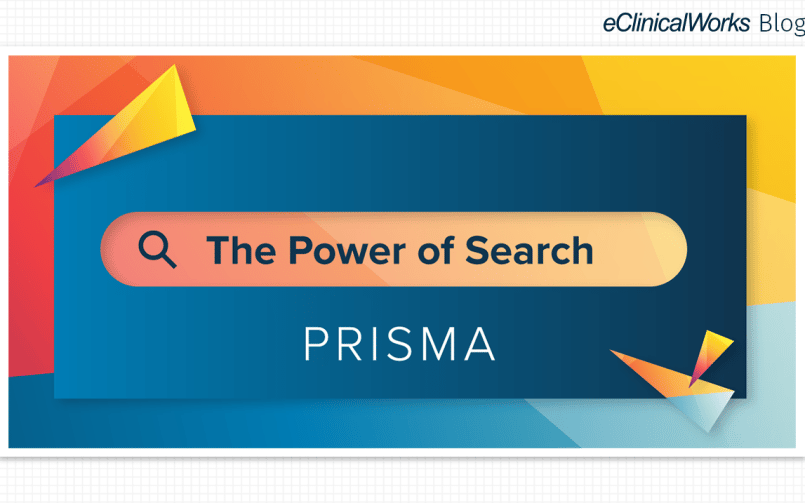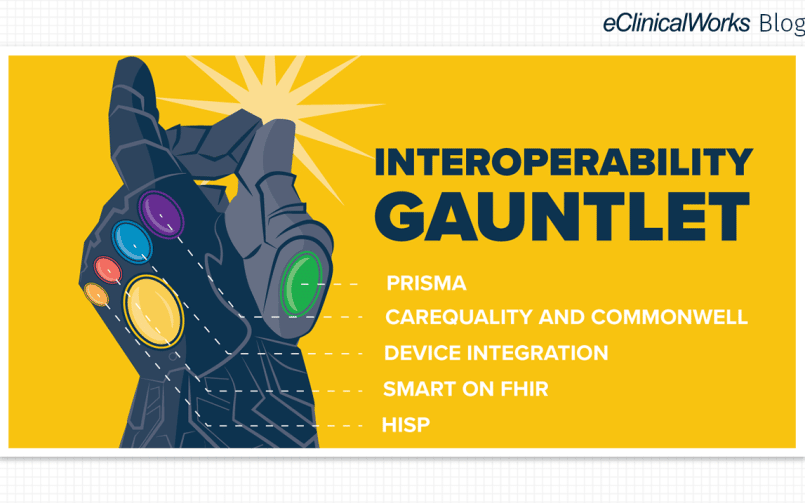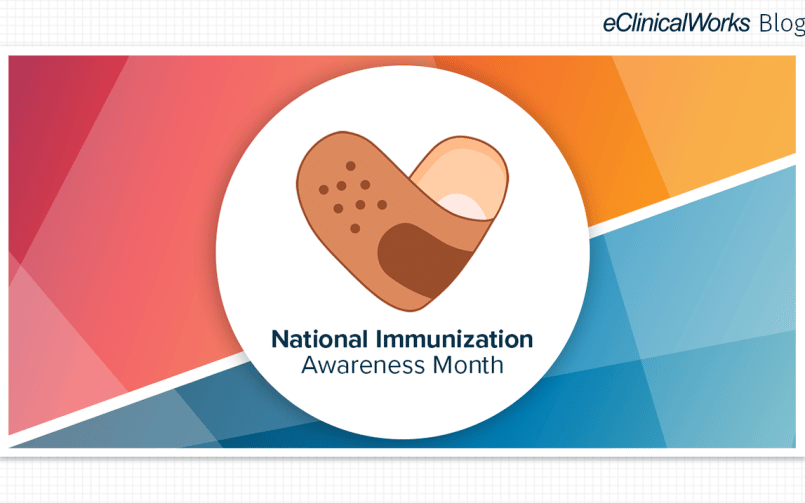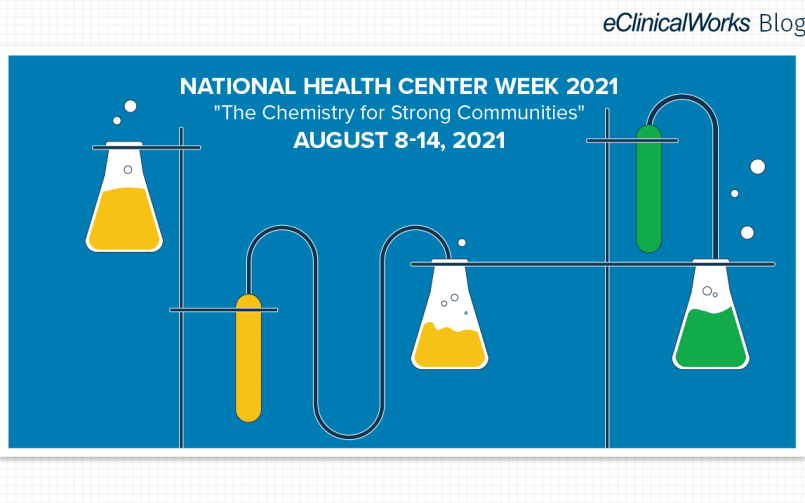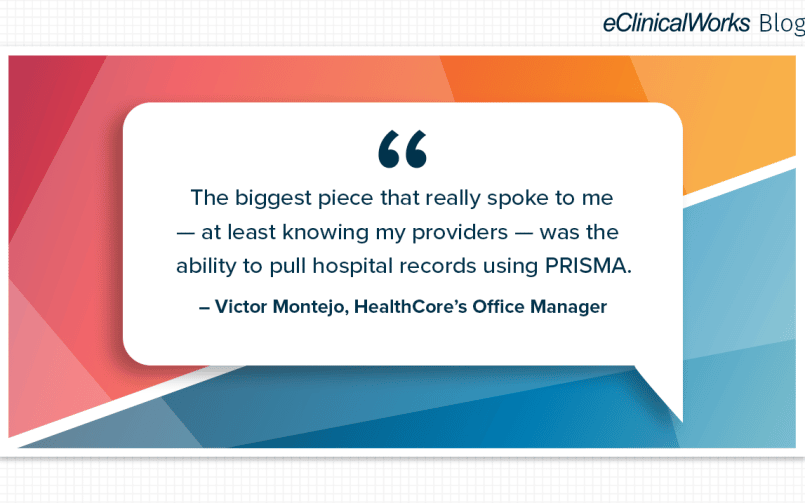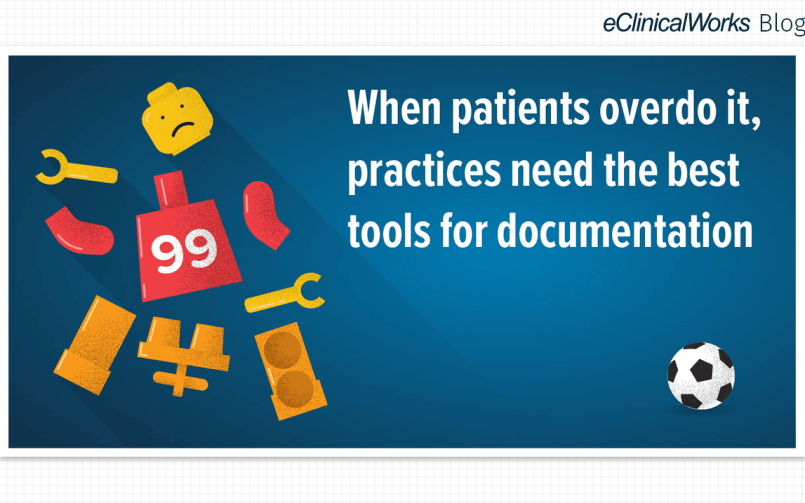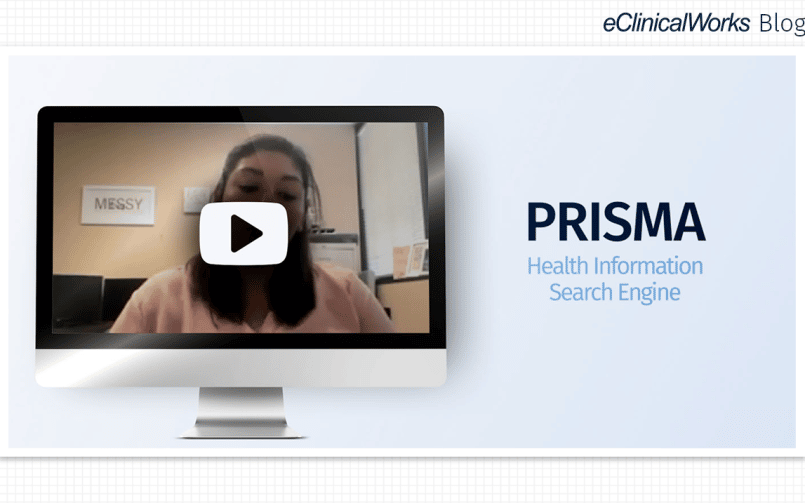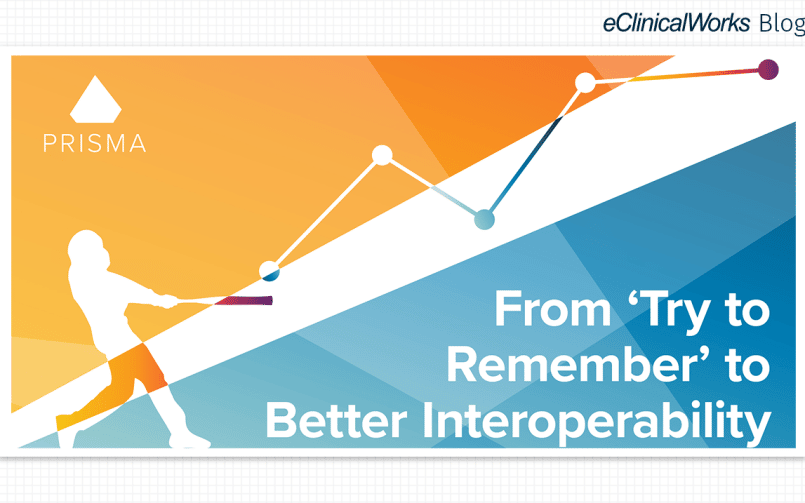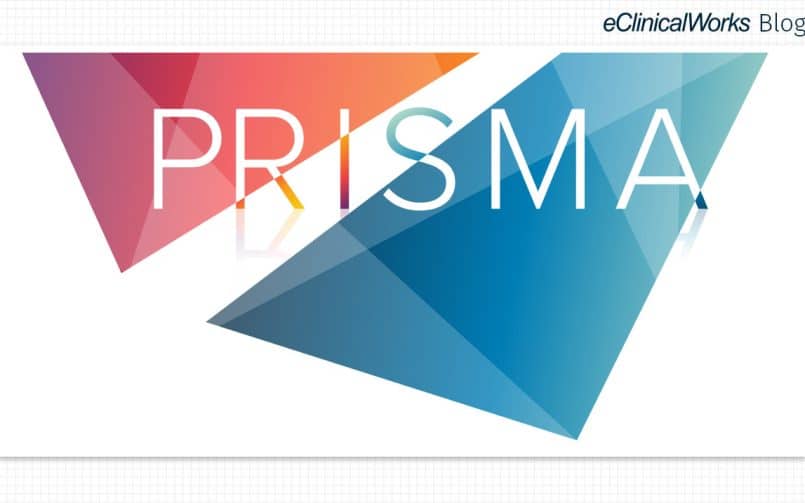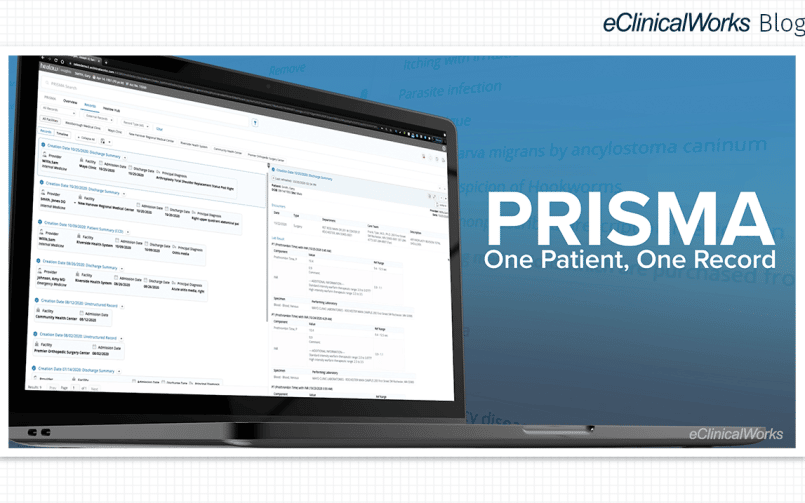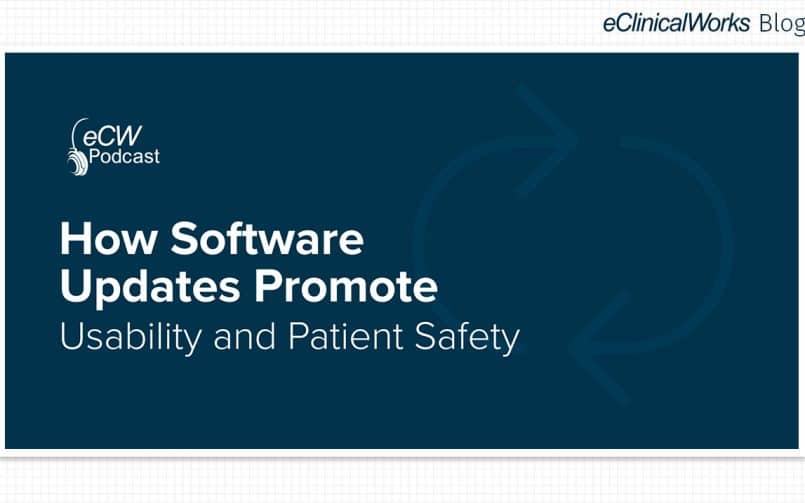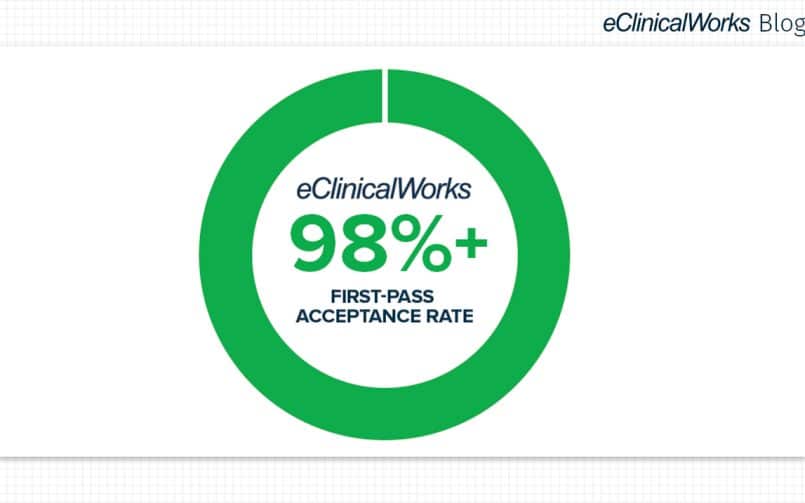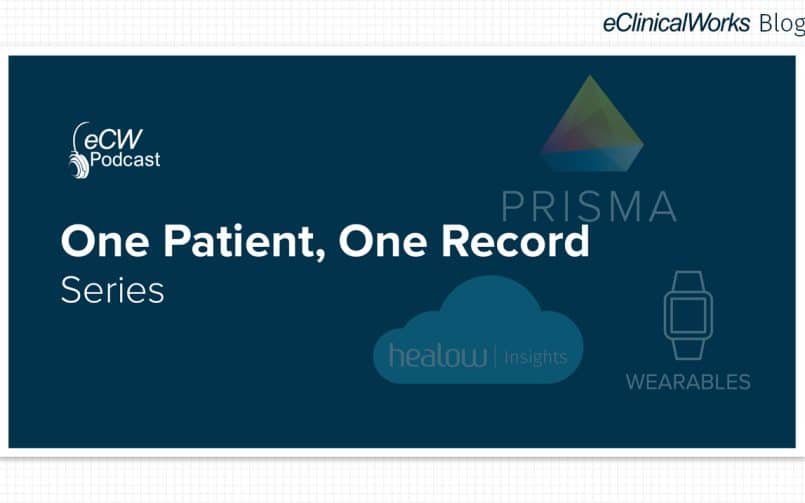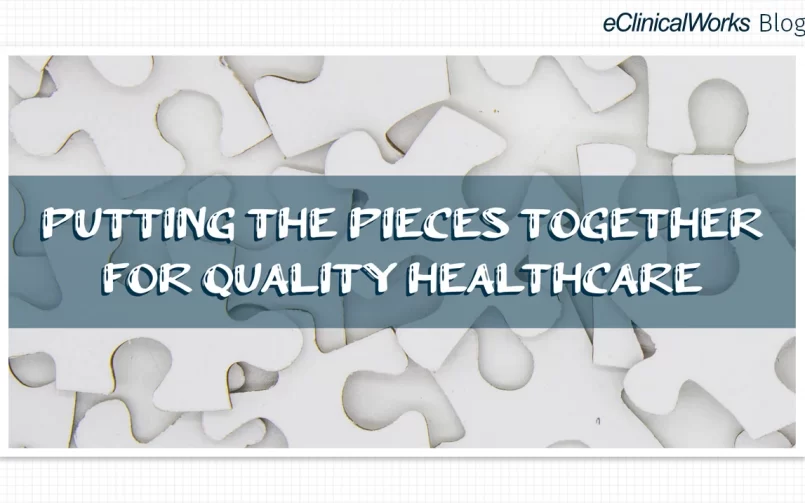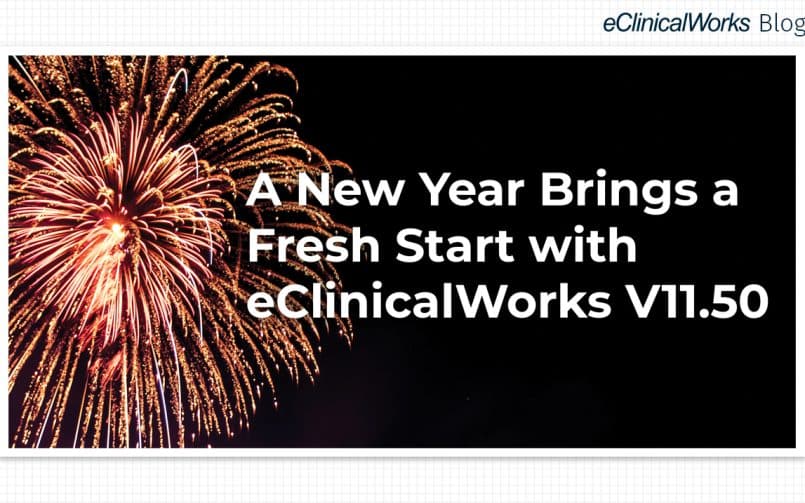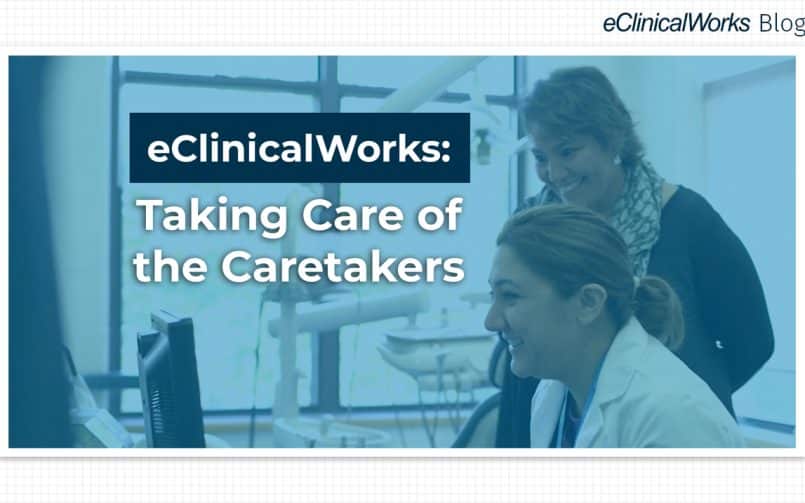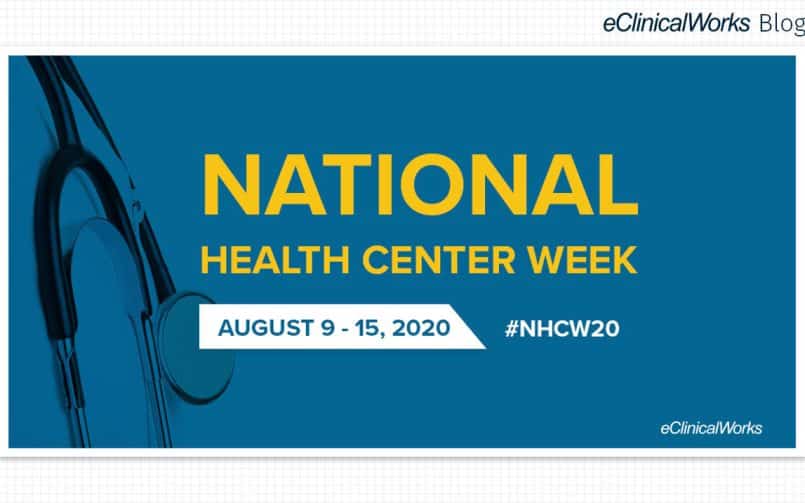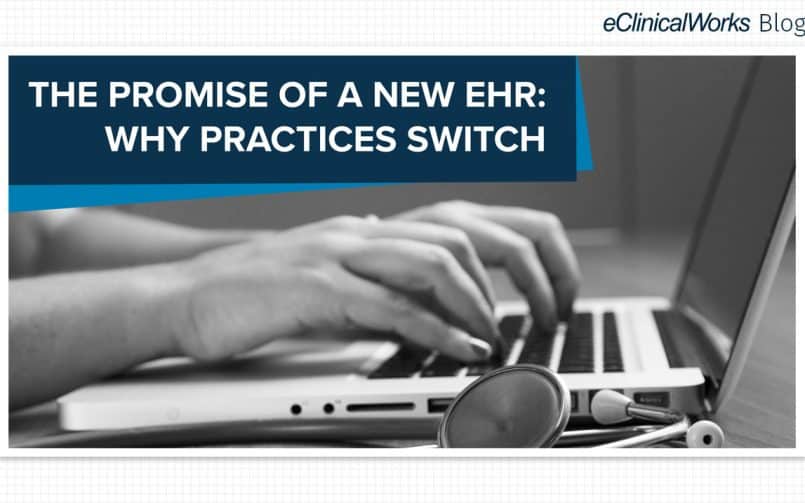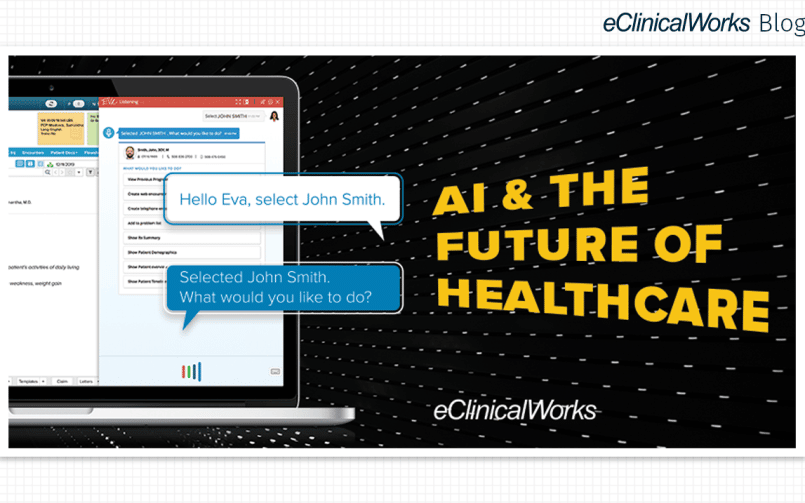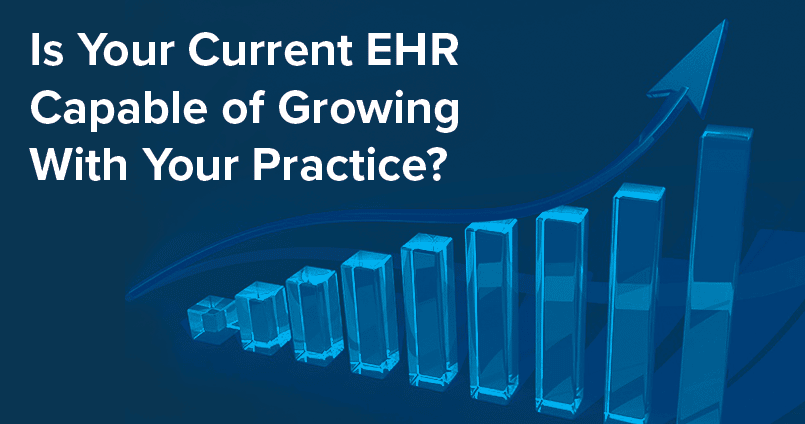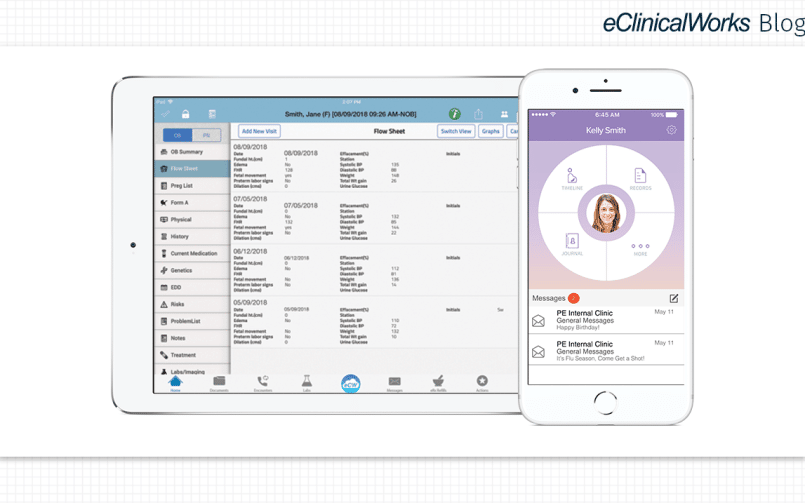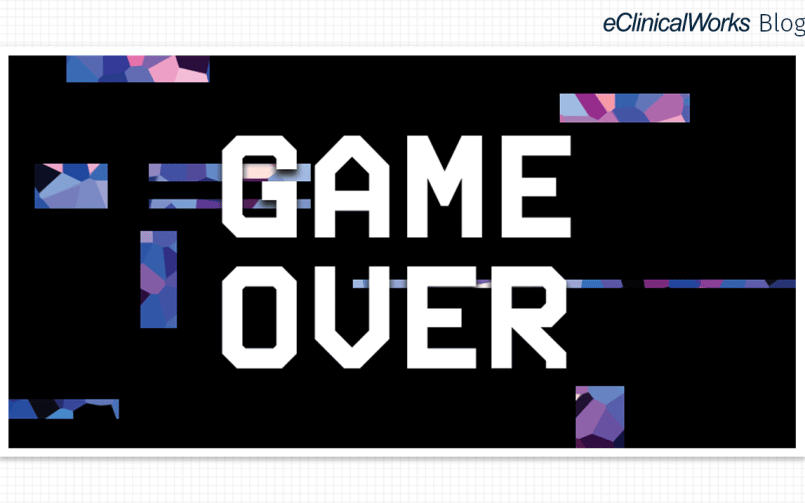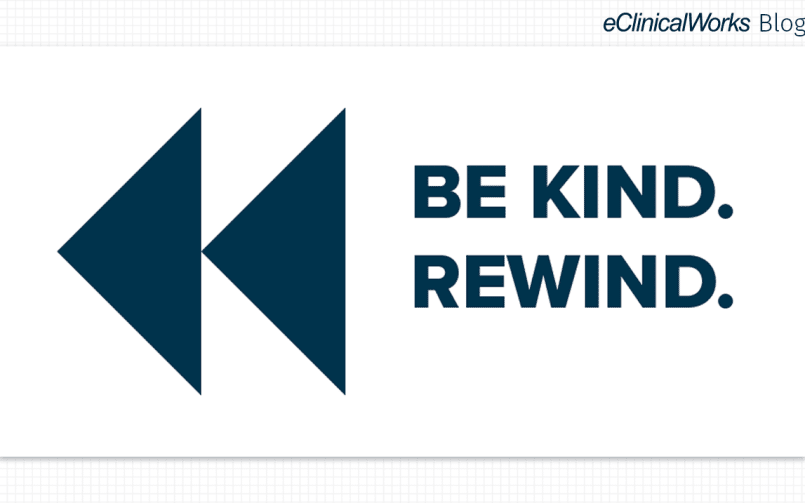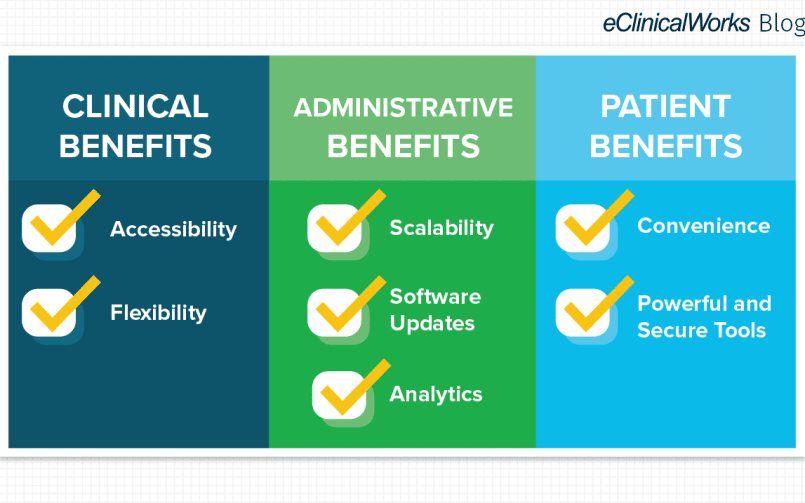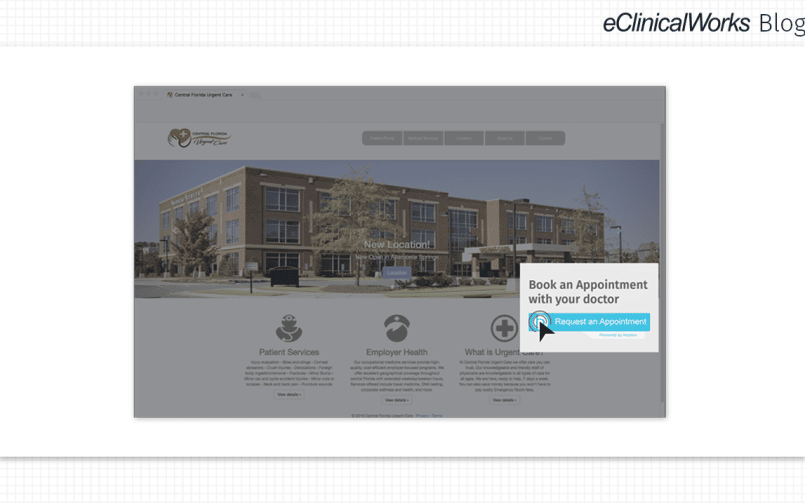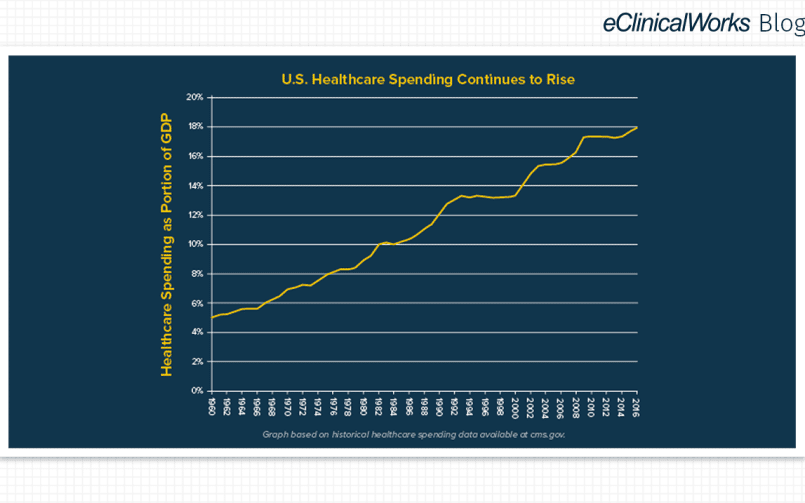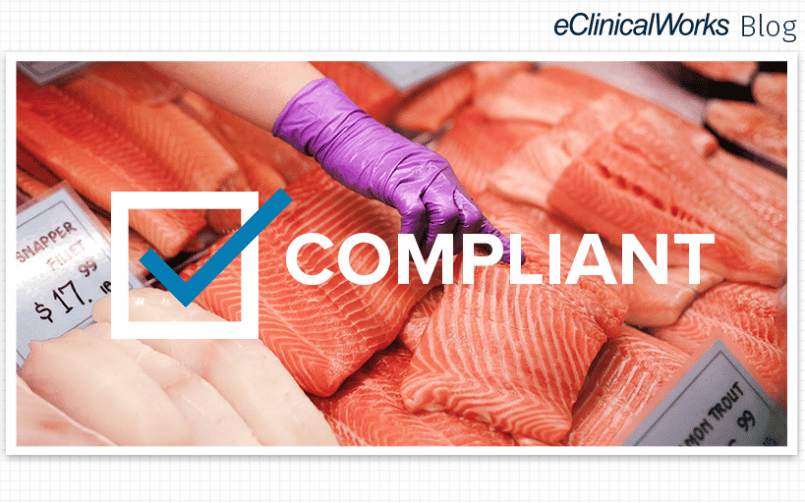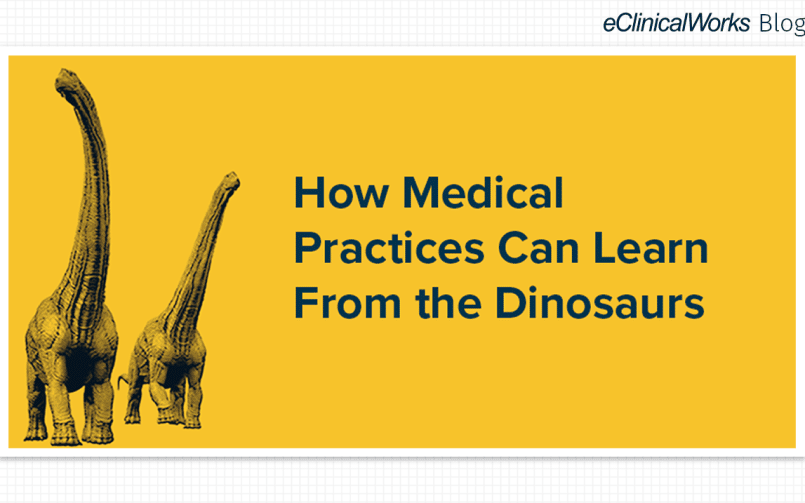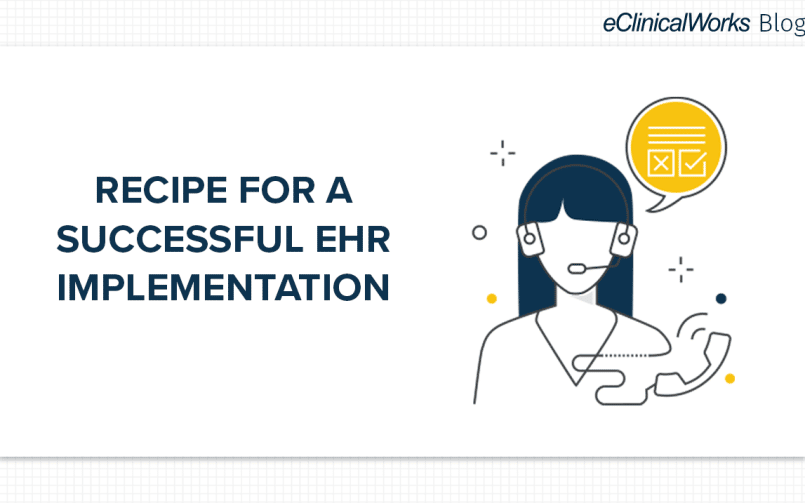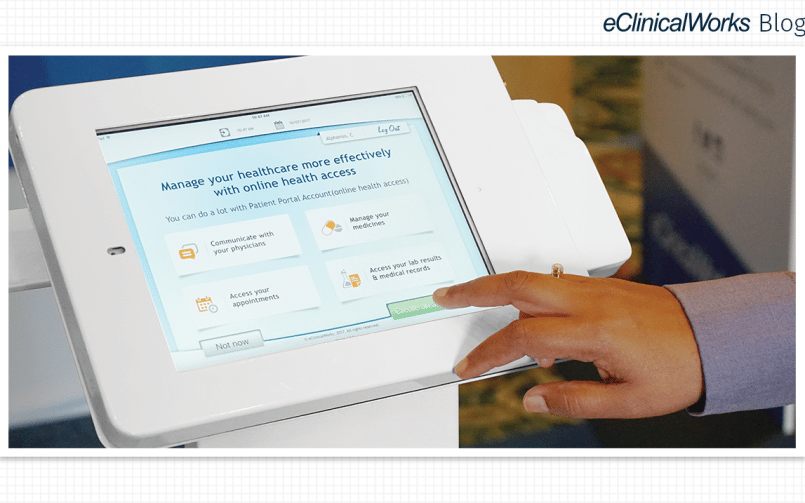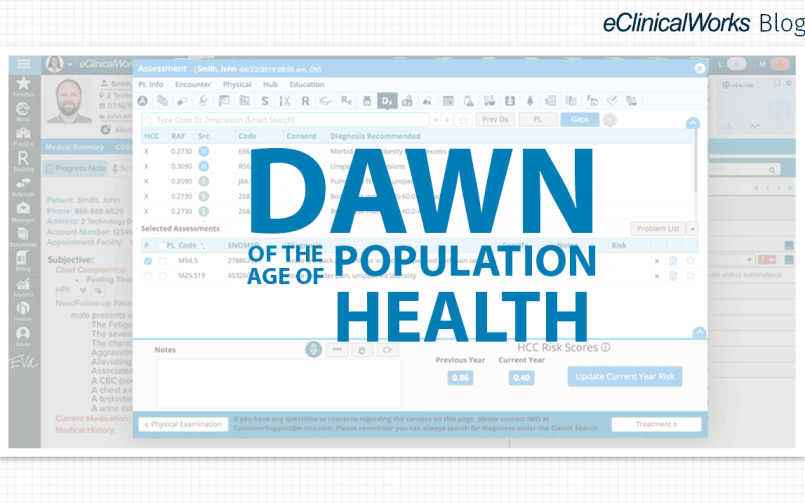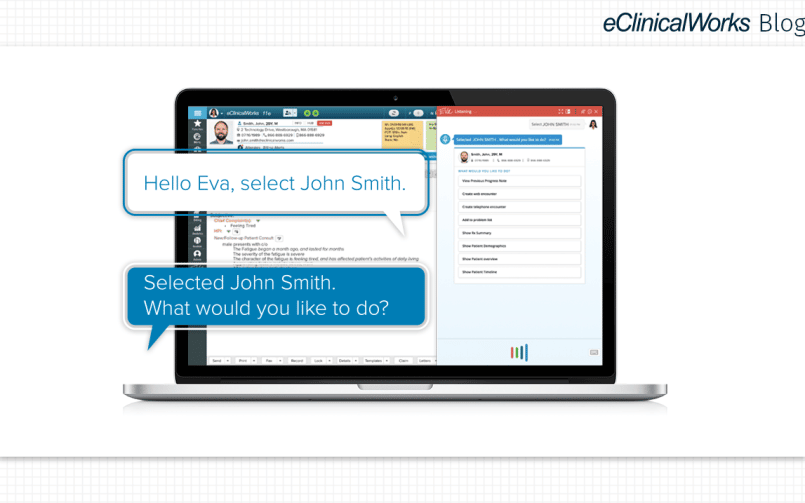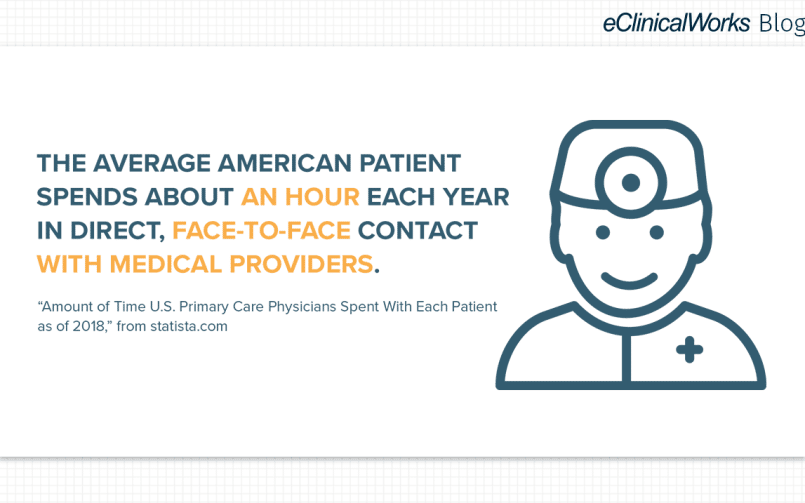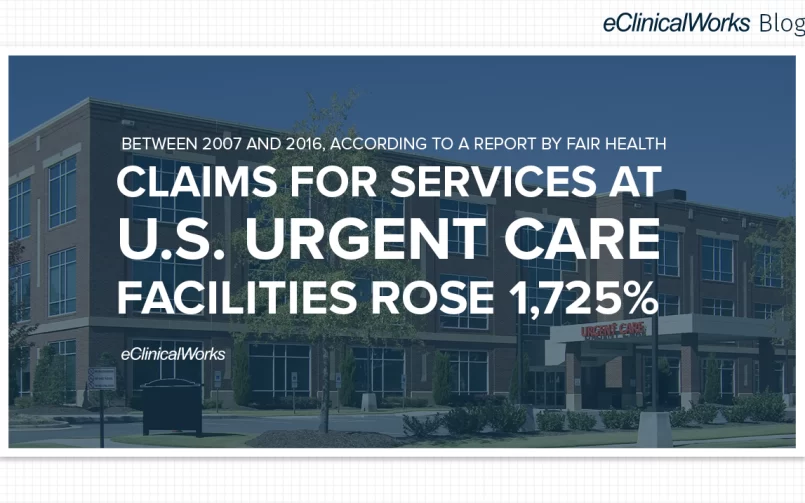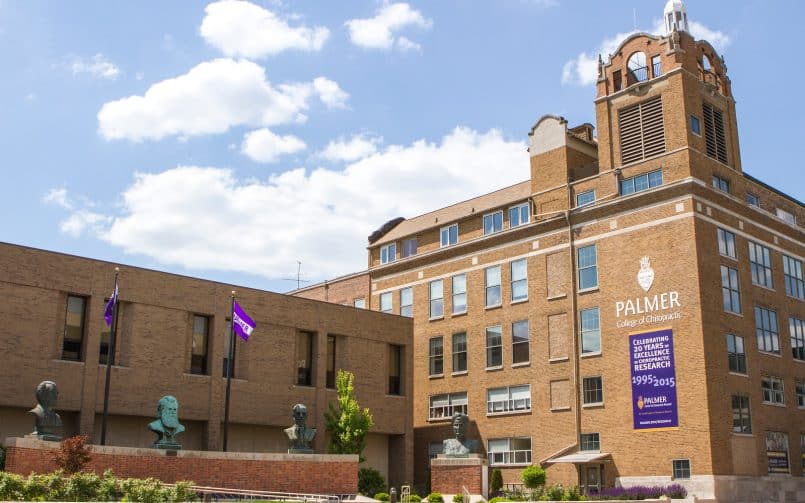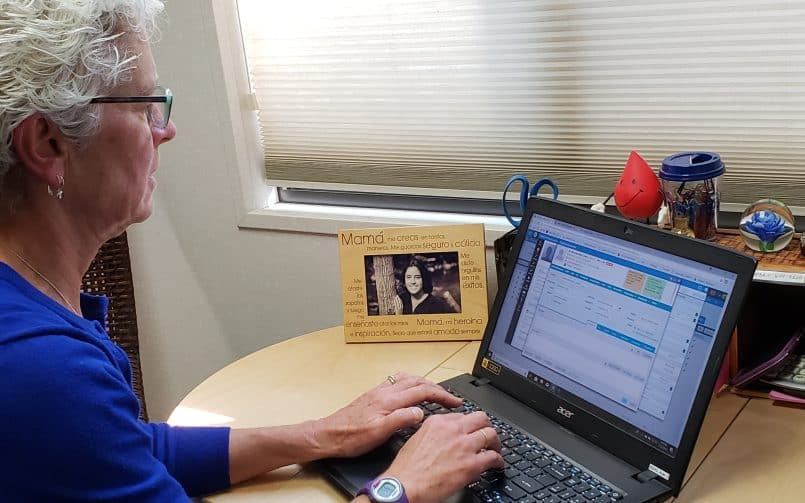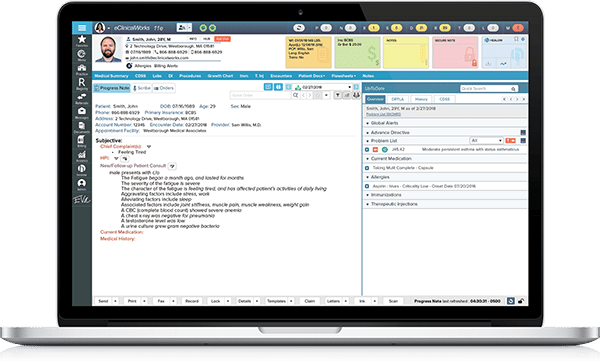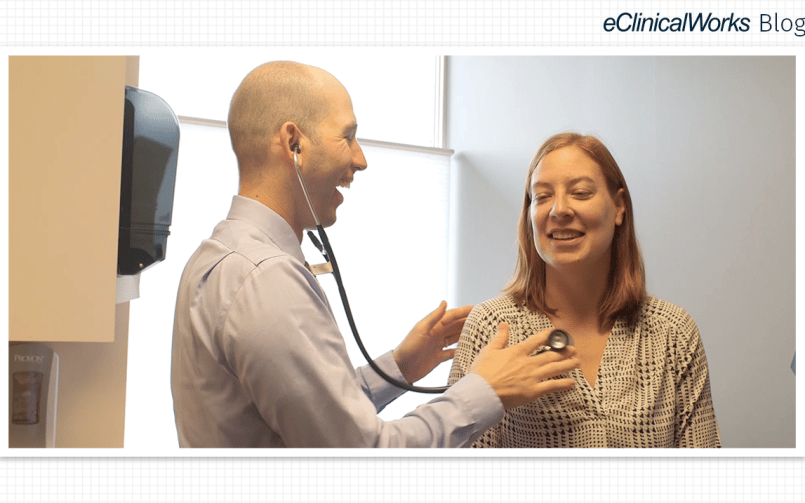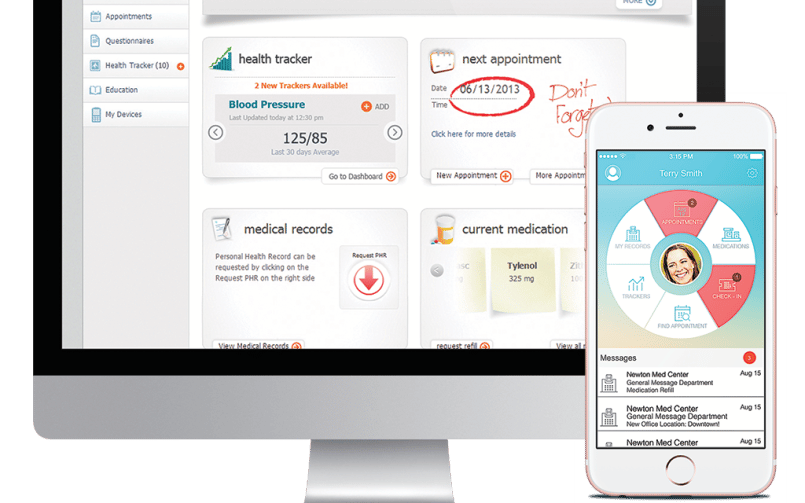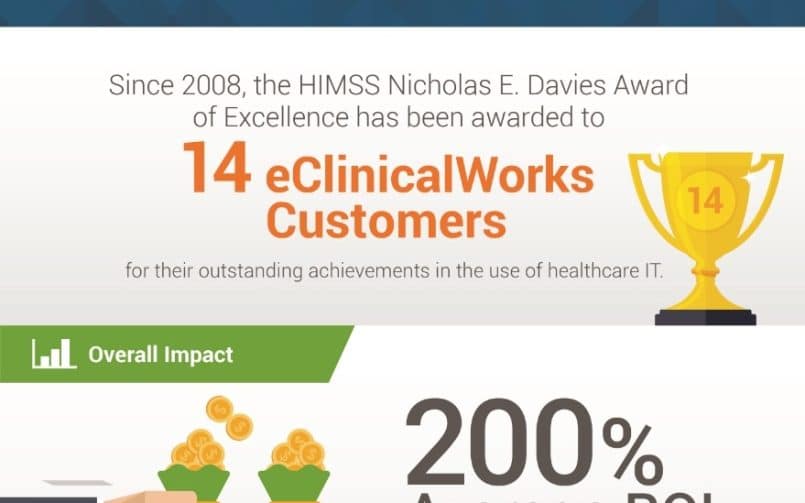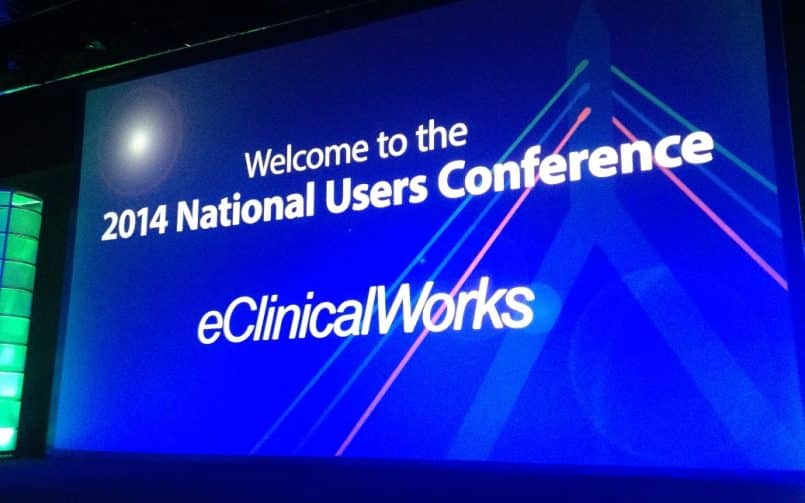When PRISMA Can Lead to Better Healthcare
- 28 July 2021
- Blog
eClinicalWorks
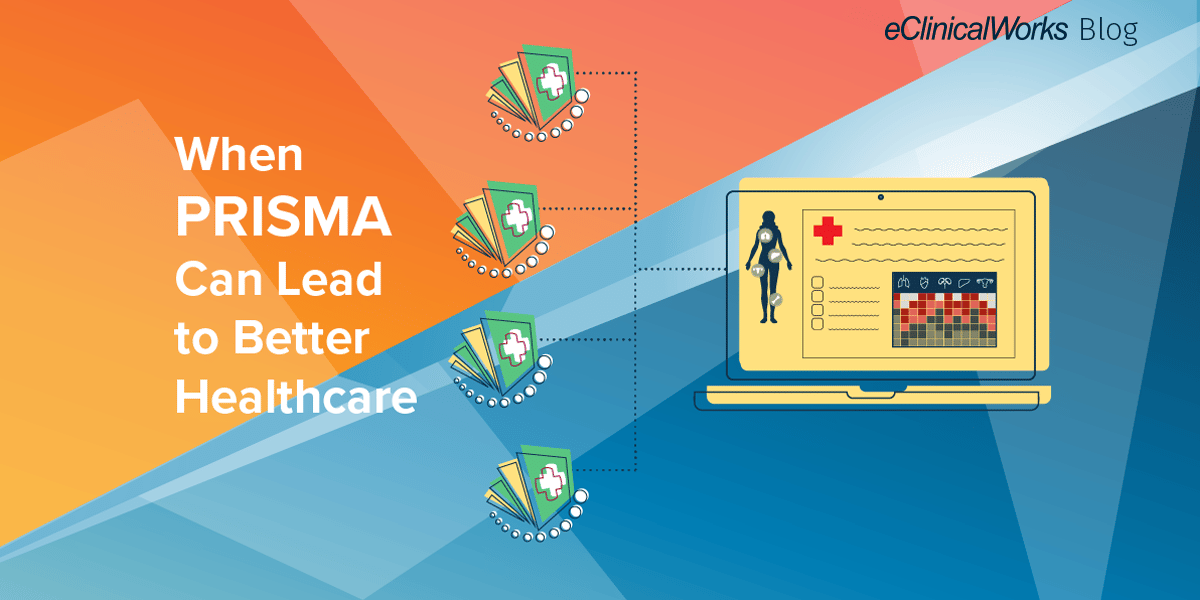
Better interoperability when records appear to be lacking
There’s no doubt that PRISMA, the eClinicalWorks health information search engine, is a powerful tool for obtaining a complete, searchable view of patient health histories. Still, many practices may be wondering how it fits into their workflows to change how they practice medicine.
In this blog, we offer two scenarios that illustrate how your practice can use PRISMA to better care for your patients while making life simpler for your providers.
Scenario one: a stranger in a strange place
Suppose it’s the autumn of 2021. You’re from a small town in rural Texas and are really excited to be at your first in-person eClinicalWorks and healow National Conference in Nashville, Tennessee. You’ve attended some great breakout sessions, connected with other professionals from around the country, and enjoyed exploring Nashville on a Friday night.
Saturday rolls around, but as you head downstairs from your hotel room to attend the big Saturday night celebration, you become lightheaded and pass out.
When you wake up, you’re in the hospital. After a series of questions, the doctor comes in and tries to pull up your medical record. No luck.
He asks whether you’ve experienced anything like this before. You have, in fact, had some fainting spells and trouble breathing.
You think back. You were at an urgent care clinic in Texas a few months ago but haven’t experienced any symptoms since. The doctor asks whether you’ve had any tests. You think so but can’t recall the details.
The doctor nods and suggests repeating a particular test to rule out anything serious.
How PRISMA could help
In this situation, everyone — you, the ER doctor, your primary care physician, and every provider you’ve seen in-between — would be more effective if they had a way to see your complete health history in real time.
PRISMA provides exactly that by locating and compiling available records into a single timeline view that can be searched and studied.
With PRISMA, the ER doctor would know right away what tests had been performed when and what the results were. You’d have less to worry about and no need to rely on your memory or taking medical records with you when you travel.
Saving time and stress — in real life
Most important of all, having PRISMA in place would mean the hospital would have a clearer picture of what might be affecting your health and what next steps might — or might not — be necessary.
A situation very similar to our scenario recently took place at Carolina Heart and Leg Center. Find out how PRISMA helped a patient in an urgent situation by watching the video below.
Scenario two: new practice, new patients
Your dream has always been to open up your own medical practice. After years of learning your craft and saving up, you finally fulfill your dream and begin to attract patients.
But on your first day, you realize that you don’t have access to many of these patients’ records. You try to gather information by asking them, but many are unable to recall what procedures they have undergone and exactly where they have received care over the years.
Bringing it all together with PRISMA
With PRISMA, you, your staff, and all those new patients would have nothing to worry about. Provided a record was created by a practice that belongs to either the Carequality® or the CommonWell® Health Alliance networks, you’d be in luck. You could gather records from primary care providers, specialists, clinics, urgent care centers, and hospitals to create that comprehensive view of the patient’s history.
PRISMA links to data from EHRs participating in Carequality and CommonWell as well as data from insurance payers and patients’ wearable devices. And searches can be done by keywords or common abbreviations.
Ready to see how it works? Check out the video below to find out how staff at Zeid Medical Group used PRISMA to determine that one of their patients had had a key medical procedure when she could not recall the date or details.











